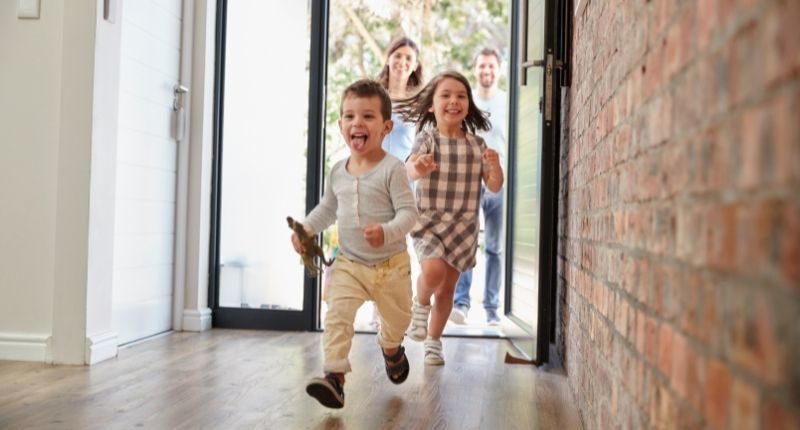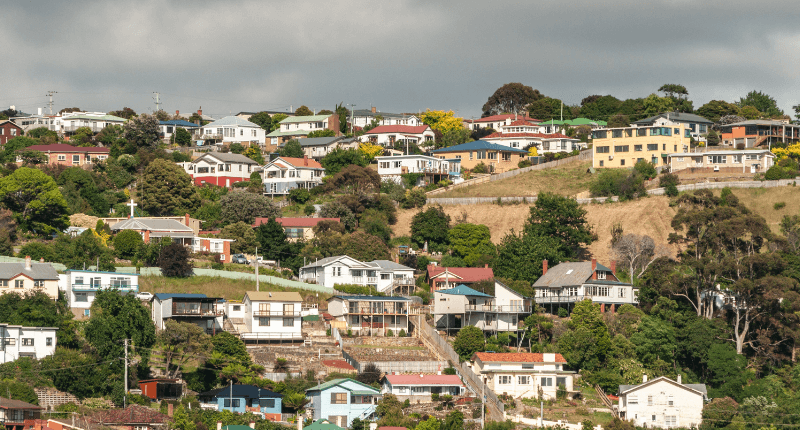- University of Sydney research suggests that those with a mortgage are more likely to have a baby than renters
- Daniel Ho argues those planning to have kids are more likely to buy houses anyway
- Family seek larger properties - larger homes - which tend to be located further away from a central area
In a booming housing market, some Australians are more likely to have a baby while others are less likely to do so.
It turns out the crucial difference is whether you own or rent your property.
New research from University of Sydney shows that Australians with a mortgage are more likely to have a baby, but for renters the opposite is true.
The data suggests a baby gap could be developing between families who own their own homes and those who rent. Yet, not all is as it seems, and I don’t believe there is any risk of a real baby gap opening.
One thing is for sure. Housing price growth has ballooned since the low point of 2019. In 2021, the value of the housing market climbed by the largest gain on record to almost $9 trillion.
The University of Sydney research was published in the Journal of Housing Economics by authors Kadir Atalay, Ang Li and Stephen Whelan. They found that, when house prices swing upwards or downwards, so too might decisions about whether and when to have babies.
But the study is misleading..
It suggests house prices are directly changing the baby-making decisions of Australian families.
I don’t believe that is what’s happening.
In truth, it is more likely that people who expect to have babies are the same people who buy houses. And that people who are not expecting to start a family are more likely to remain renters. After all, space for kids is why most young couples seek out a larger home.
The study forgets that most young couples purchase their first home (or at least a larger home) when they are planning to have children.
Having children usually means moving to a less central location and giving up on some of the pleasures of the urban environment such as entertainment, restaurants, and bars. It also means buying a home that’s bigger than the one you lived in before, to provide space for those same children to sleep, study, and play.
Meanwhile, in that phase of their lives before a couple is ready to have children, it is common and almost expected that they will rent. Why purchase for just a few years when you know that soon you’ll be settling down in your forever home in the suburbs somewhere.
For these reasons, any study that looks fertility will likely find renters are less likely to intend to have children — and that young couples who have their own home with a large new mortgage are more likely to have children.
So, are renters condemned to be childless forever? Not at all.
Renters are more likely to be childless by choice, and when they’re ready to start a family, they will buy.








